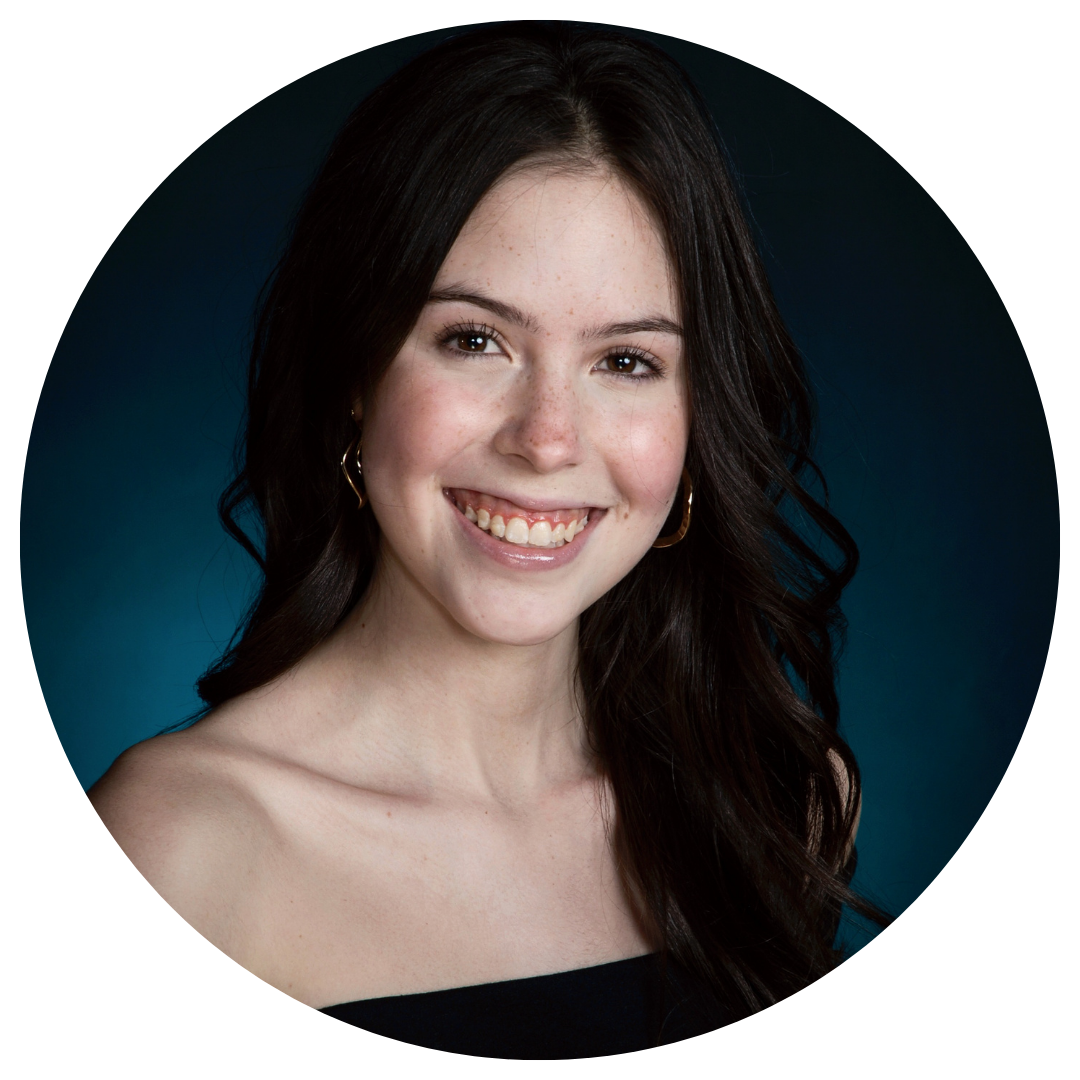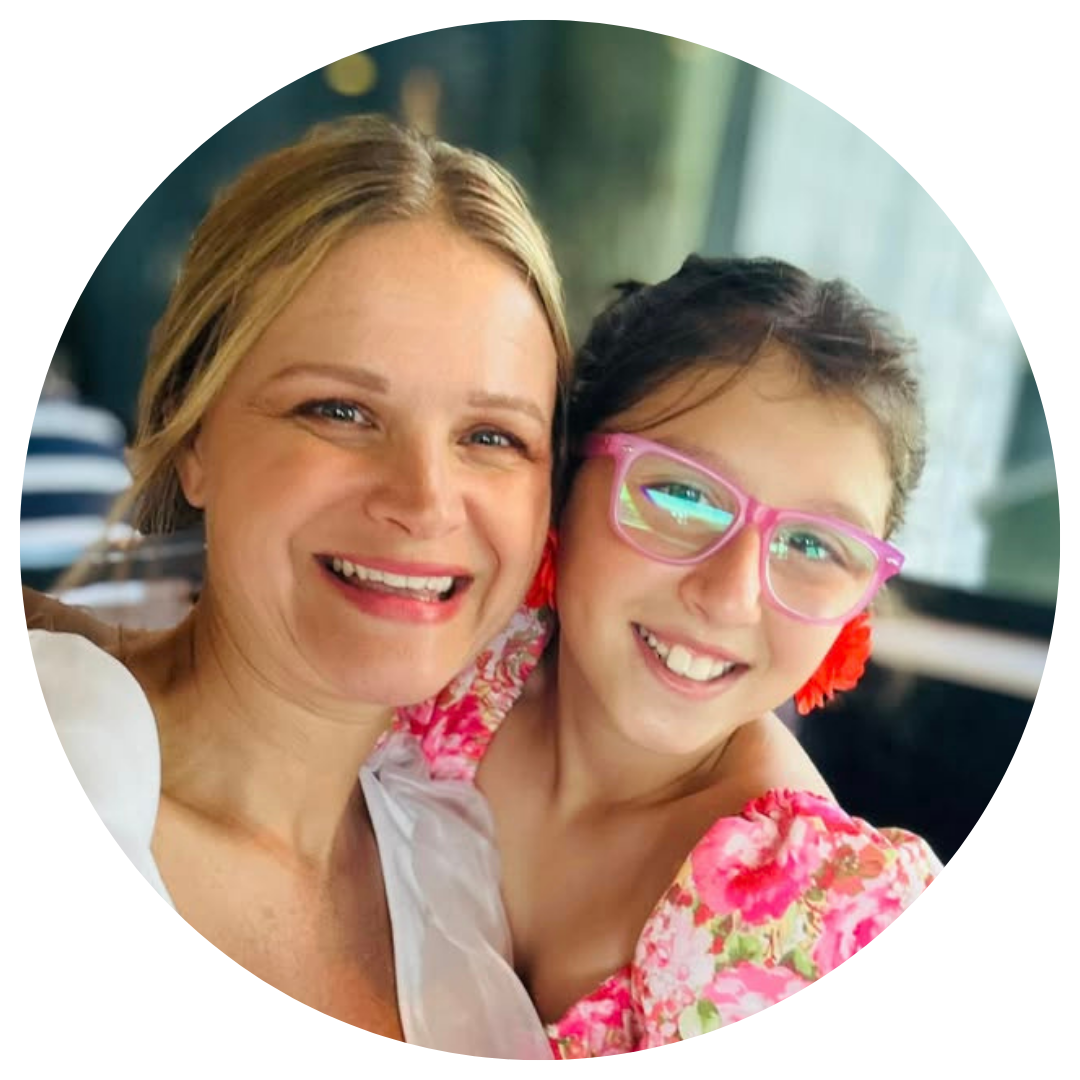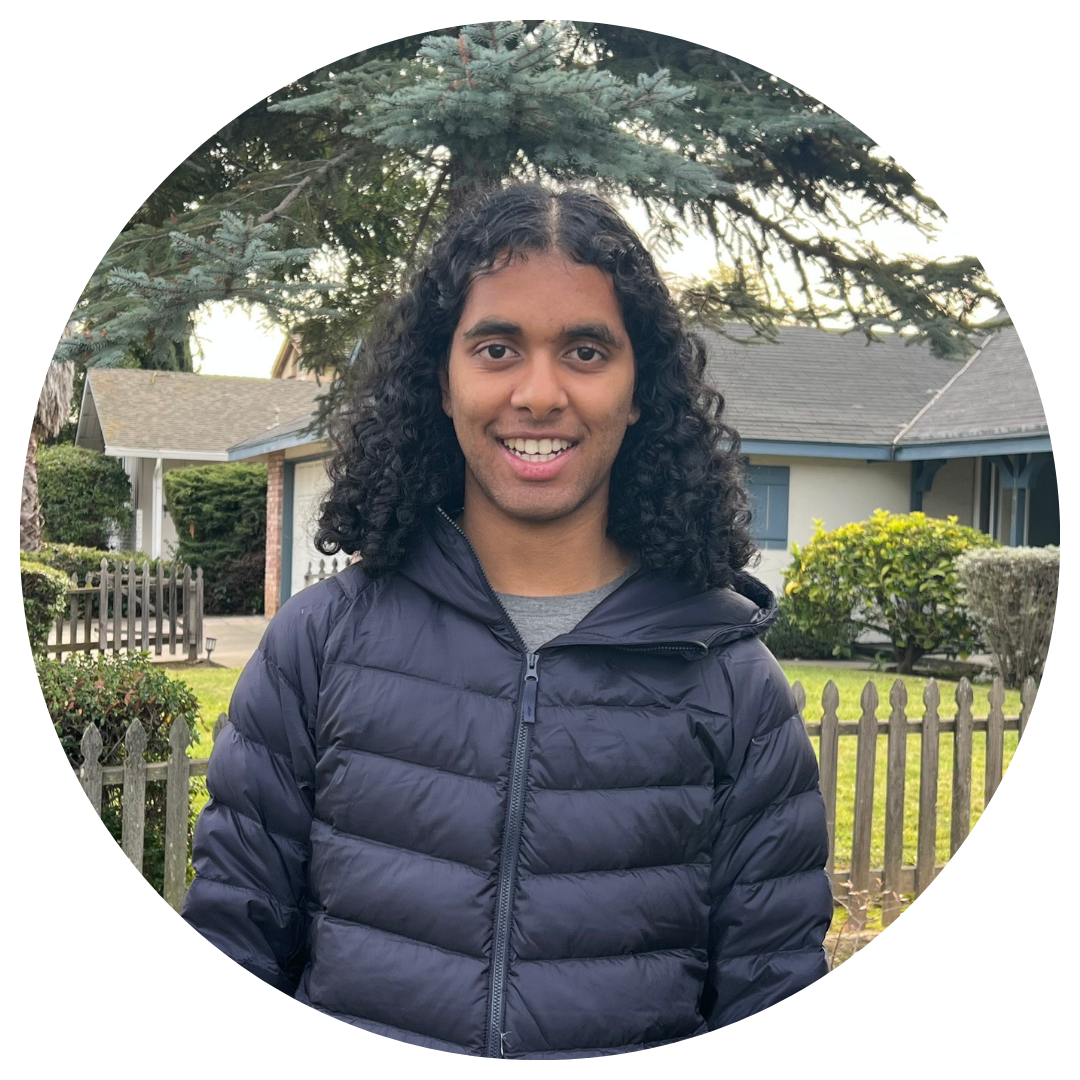The Next Generation: 3 Young Authors Share Their Spark
/The magic of inspired storytelling transcends age. For proof, look no further than the books by a new generation of rising young authors (and their caregivers), whose creative brilliance, inventiveness, and passion never ceases to amaze us.
At FriesenPress, we’re proud to champion these talented individuals and provide them with a platform to share their voices with the world. From entertaining and inspiring children’s books to YA science, we’re spotlighting three projects from authors who prove that age is nothing but a number.
Our featured authors include:
Maddison Tory shares her journey of writing Your Secret Superpower, a children’s book that empowers young readers to find their spark and make a difference in the world.
Springs and Savanah Pacelli, a mother-daughter duo, discuss their collaborative creation, Sophie’s Imaginative Inventions — a testament to the power of imagination and connection during challenging times.
Finally, Rajeev Raghuram takes us into the fascinating world of astronomy with The Asteroid Apocalypse and Secrets of Black Holes.
Without further ado, let’s meet the authors!
Maddison Tory, Author of Your Secret Superpower
Hi, Maddison! Your Secret Superpower came out in 2020 when you were just 16 — what keeps you busy these days?
Hello! I am a 3rd year health sciences student at the University of Calgary. I am also a student researcher at the Alberta Children’s Hospital P.A.I.N.S Lab, studying the effects of chronic pain on children and youth. I continue to prioritize volunteering with the Special Olympics gymnastic team and act as a youth health advocate with Alberta Health Services. In my free time, I love to be outside and complete arts and crafts projects.
What inspired you to write Your Secret Superpower? What was your writing process?
My inspiration for writing the book started when I was a child in hospital, when I realized how powerful our voices could be in both advocating for ourselves and making a difference for the people around us. I saw how a simple fundraiser, volunteering, advocating, or simply spreading positivity could make things better. I started a social enterprise called HUGS dedicated to improving the quality of life for kids in hospitals. Through this initiative, I began public speaking and going into schools, inspiring kids to understand the importance of being global citizens and making a difference in the world.
When the pandemic started, I was looking for new ways to connect and make a difference. Restrictions caused a lot of my volunteering, presentations, and hospital parties to stop. Also, due to my health conditions, I had to move to online learning and felt isolated from other students in my high school. So, I focused my energy on writing. I wrote a children’s empowerment book and reached out to my high school art teacher to partner with me and illustrate the book as a way to stay connected to my high school community.
The book shares the message that there is no person too young and no idea too small to make a difference. It aims to inspire children to discover their passions and make the world a better place. The proceeds from the book go directly to creating experiences for kids in hospitals.
What were your biggest challenges in writing this book?
Overall, the process of writing, editing, and publishing this book was easy and straightforward!
My biggest challenge was launching the book during COVID — to this day, I struggle with the marketing portion of publishing.
What did it feel like to hold your finished book in your hands for the first time?
I was so proud! To read my book for the first time was like seeing my stories, my feelings, and my lessons come to life. I could imagine kids reading this story at bedtime and believing they could do anything.
It was also amazing to get emails from kids of all ages writing to me about their passion projects and how they use their sparks to better their world. One teacher even used it in their classroom to inspire the class to write their own stories [in response] to this book about their passions.
What advice would you give to aspiring young authors?
My best advice is to just start! Pick up a pen, type something on your iPad, or video [record] a story. Just start. The empty pages are intimidating but once you start, ideas will start to flow. Don’t worry about spelling or grammar or the structure at first; just get your stories and your emotions on the page.
Most of all, young authors should know that you are never too young to make a difference. What you have to say is important and people want (and need) to hear it.
What are you currently working on? Do you have any plans for future books?
Right now, I am very busy with school and my research. But I definitely have plans to author future children’s books. I would like to create a series on inclusion and understanding our friends living with disabilities. As I have a chronic illness (lupus) myself, I would like [to create] a book to help children understand it.
Maddison can be found on Instagram @maddison_tory_
Springs and Savanah Pacelli, Authors of Sophie’s Imaginative Inventions
Thanks for speaking with us, Springs! You wrote this book with your daughter Savanah when she was just 6 years old. How did this project come together?
At the onset of the COVID-19 pandemic, my family and I were residing on a compound in Saudi Arabia, where movement was severely restricted. During this period, only my husband, Roberto, was permitted to leave for grocery shopping. Savanah and I had to stay on the compound and we were unable to leave.
Both my partner and I are teachers and, like many educators globally, we transitioned from in-person to virtual learning. This shift proved challenging for everyone, especially for Savanah, who struggled with the stamina and attention required for online education. After careful consideration, we decided that Savanah would not participate in virtual learning. Instead, we focused on reading and spending quality time with her between our own virtual lessons.
During this period, we engaged in various activities together. We played in the mud in our garden outside our villa, cooked meals, went for walks, and collected random items to create crafts. This time allowed us to grow closer and gain a deeper appreciation for Savanah’s creativity and imagination. Everyday, we tried to take part in her joy as we would hear Savanah singing original songs and telling stories. Inspired by her enthusiasm, I began writing her thoughts and ideas on paper.
I would ask Savanah questions, such as how she would design her ideal shoe, which she described with great excitement. These experiences led me to write a book that captures the essence of our time together during lockdown.
Despite the daily challenges we faced, this book is an artifact of our connection. While it is a work of fiction, much of the content is based on real experiences.
What were your biggest challenges in writing your book? How did you overcome them?
One of the biggest challenges I encountered while writing the book was determining the right amount of detail to include and ensuring that the narrative remained engaging and accessible. Balancing the depth of content with readability was crucial. I needed to decide how much of Savanah’s imaginative ideas and our personal experiences to incorporate, without overwhelming the reader or deviating from the central story. It was important to capture the essence of our time together and the genuine creativity of Savanah while maintaining a coherent and engaging narrative about having a growth mindset.
What did it feel like for you and Savanah to hold your finished book in your hands for the first time?
We are immensely proud of this book, as it reflects our collaboration and connection. Every decision about the illustrations, design, and text was made together, and it holds a special place in our hearts. This book is not just an artifact of our time during COVID-19, but a heartfelt representation of the bond we cherish and the joy we experienced while creating it.
What advice would you give to aspiring authors who may be at Savanah’s age?
My advice to young people is to always capture your ideas, whether by writing them down or using a voice recorder. You never know which idea might spark a new adventure or lead you to unexpected places. Think of it as creating a treasure map of your imagination—each note is a clue to your next great discovery.
What are you currently working on? Do you have any plans for future books?
I’m currently working on another children’s book called Becoming Santa, which is based on true events. Savanah continues to write songs and stories in her spare time.
Visit pacelli-book.com for more information about Springs’s and Savanah’s book and future projects.
Rajeev Raghuram, Author of The Asteroid Apocalypse and Secrets of Black Holes
Hi, Rajeev! Thanks for speaking with us. Can you introduce yourself and your books to our readers?
My name is Rajeev, and I am currently a sophomore at UC Davis with a double major in Data Science and Physics. I am currently 19 years old, and I published my two astronomy books when I was in high school: The Asteroid Apocalypse in September 2021 and Secrets of Black Holes in 2022.
What inspired you to write these two books during your high school years?
I developed a passion for astronomy at a young age and I have been constantly writing facts just to keep for myself. I eventually decided to write these books to share my passion with the world. So many astronomy books and documentary series are able to present such complex and fascinating topics elaborately in an understandable and engaging way. I realized that I could do the same, because it was a topic I truly had a passion for.
I also noticed that there weren’t that many books for my target audience of middle schoolers and high schoolers that presented the topics I chose (like asteroids and black holes) in sufficient depth, but in an engaging and easy-to-understand way.
Your books were released just a year apart, but did you experience any challenges in writing them?
One of my challenges was determining how many pages to write, which would determine the number of chapters I should have and the number of pages in each chapter. My publishing specialists recommended the appropriate number of pages based on the type of books (scientific nonfiction) and my target audience (middle schoolers, high schoolers). This allowed me to elaborate sufficiently on my topics in the appropriate number of pages and chapters.
Additionally, I felt that it was somewhat hard to figure out how I should order the chapters, so I generally referenced other books on the subject, as well as documentary series such as How the Universe Works for how they presented these topics.
What did it feel like to hold your first book in your hands for the first time?
It was surreal for me. It was a book I had written myself about a topic that I was truly passionate about, and holding a physical book in my hands after all of the research, writing, editing, and passion I had put into it was very satisfying.
I had already seen the digital copy, but I was nervous about how the physical book would look, because it was the final version. However, I was exhilarated to see it done so well.
What advice would you give to your fellow aspiring young authors?
For aspiring young authors, I would suggest to think about a topic that you are truly passionate about and elaborate on it to your heart’s content; frame your content in an engaging way such that all readers, especially those in your target audience, will be able to understand and enjoy it.
However, understand that writing a book is a significant time commitment. It may take months to write and organize your content, improve the quality of language, and ensure that there is consistency and that the storytelling flows in an effective and engaging way.
What are you currently working on? Do you have any plans for future books?
I am currently studying Data Science and Physics at UC Davis, planning to do a double major. I am not currently writing another book, but I plan to eventually write books on different astronomy topics such as exoplanets, galaxy evolution, and dark matter. With more new discoveries happening every day — especially with the astronomical advancements in AI in recent years — I will have much more new content to show in future books.
















